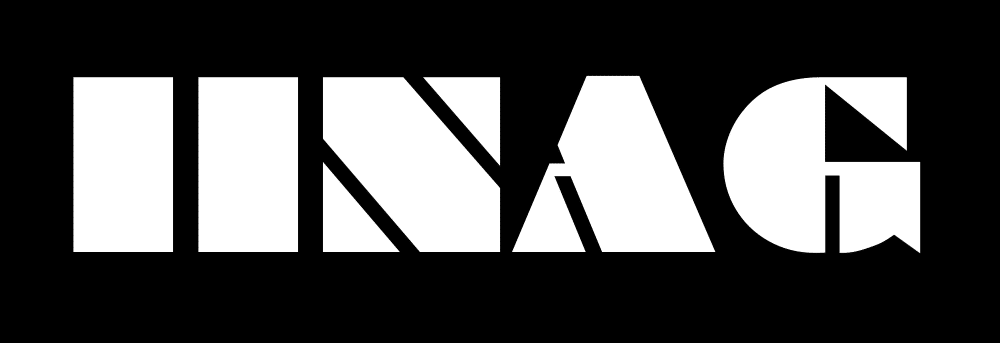Billie Marten has long possessed a voice that seems to defy time—soft yet wise, with a depth far beyond her 26 years. But on Dog Eared, already her fifth studio album and third for Fiction Records, she trades the delicate stillness of her earlier work for something bolder and more emotionally expansive. It’s a confident step forward: a richer, more adventurous record that breaks free from the singer-songwriter mould she’s inhabited since her teens.
Working closely with producer Phil Weinrobe, Marten builds a layered record that’s more immersive and alive, thanks in part to a carefully curated band of musicians—guitarists, keys, percussion and even fiddle. Her vocals and writing remain central, but there’s a new sense of ease and freedom here. Rather than shouldering each track alone, Marten lets her bandmates bring life to the songs with subtle brilliance. The result is her most compelling and mature album to date—lyrically sharp, sonically textured, and quietly transformative.
The album opens with “Feeling,” a deceptively bright introduction that sets the tone for the band’s responsive, collaborative energy. Marten revisits childhood memories—her father’s hands, her grandmother’s rugs—with aching tenderness. “We are oh so lightly here / Softer than a rabbit ear,” she sings, as the instrumentation subtly recedes. It’s a beautiful opener: introspective and feather-light, yet emotionally weighty.
“Crown”, written whilst watching her cat sat peacefully in the shade, is a “song of longing, of accepting who you are, a truthful interlude”. A faultless live recording is led by the elastic rhythm section of Vishal Nayak and Joshua Crumbly. It exudes a floaty, dissonant atmosphere as Marten sings “the moment you are gone, I lose where I belong.” It leaves a lasting impression in just over two minutes.
What follows is “Clover”, full of Andy Shauf-esque charm, it contrasts melancholy, roaming verses with a buoyant, harmony-rich chorus. Full of oxymorons and quiet contradictions—“You’re raining heavy, I’m almost dry / I’m only learning to love you right”—it captures the excitement and confusion of early love. The music mirrors the emotional uncertainty, off-kilter and unable to settle.
A more mournful palette emerges in “No Sudden Changes,” where distorted keys underpin a sense of emotional fatigue. “I am the tugging at your sleeve / I am the begging to be seen,” Marten pleads, laying herself bare. This leads seamlessly into “The Glass,” built around softer harmonies and gentle restraint. It’s an understated but poignant track, allowing Marten’s voice to glow among the band’s subtle textures.
Soft, mesmerising, and lyrically rich, “Leap Year” sees Marten reflect on a fleeting love. “Our love is like a rose, it blooms and then it goes / A pocket full of gold, an eyelash on the nose,” she sings above the stripped-back arrangement. It’s wistful and intimate, a quiet yearning for what might have been, distilled in the devastating simplicity of her repeating admission: “I could have loved you,” carries a quiet devastation. The song’s closing two-and-a-half-minute guitar solo lets the ache of her words linger, deepening its melancholic beauty.
“You and I Both” is patient and dreamy, pairing fragile harmonies with a warped, distorted guitar solo, all at a snail’s pace. It sets up a striking contrast with the closing track “Swing,” which bursts open with upbeat strings reminiscent of Bright Eyes. Here, Marten’s vocals are clear-eyed and unshaken as she sings, “Give me two tickets for the end of the Earth / It’s sold out,” backed by a cinematic composition and understated confidence. It’s an energy shift that wraps the record with quiet defiance and grace.
With Dog Eared, Billie Marten folds the corner of a defining chapter in her career. Her voice remains the emotional anchor, but it now moves within a broader, more textured sonic space—one that embraces collaboration, complexity, and risk. Whether it’s the poetic beauty of “Leap Year” or the exuberant release of “Swing”, Marten’s songwriting is more nuanced, her sound more expansive. This is the work of an artist choosing growth over comfort, and the risk certainly has paid off.


